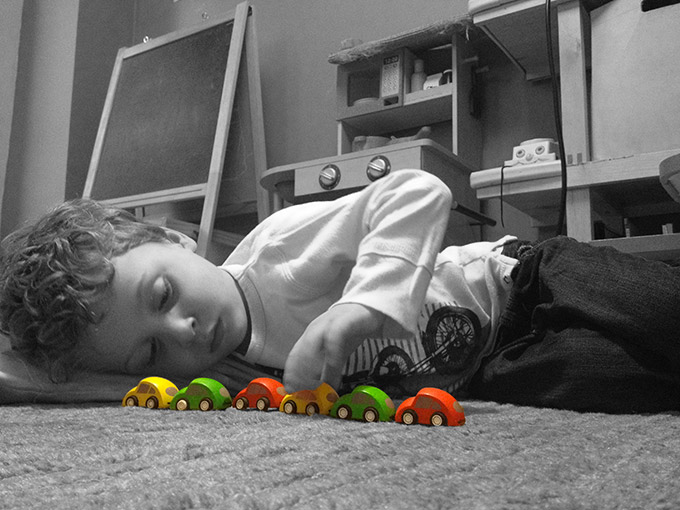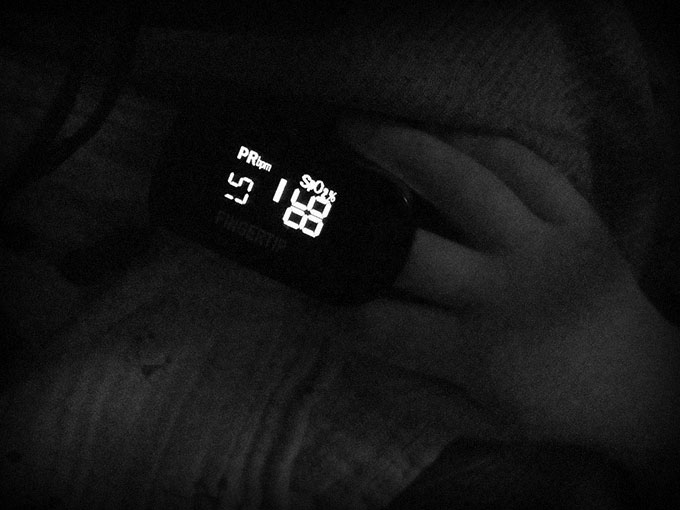 As always, Emily Willingham does a great job illuminating concerns about proposed changes to the DSM's criteria for diagnosing autism. With the goal of reducing false positives (people diagnosed with autism who don't actually have autism), the new criteria might actually exclude a not-insignificant number of people who actually do have autism. This begs the question, which is worse: false positives or false negatives?
As always, Emily Willingham does a great job illuminating concerns about proposed changes to the DSM's criteria for diagnosing autism. With the goal of reducing false positives (people diagnosed with autism who don't actually have autism), the new criteria might actually exclude a not-insignificant number of people who actually do have autism. This begs the question, which is worse: false positives or false negatives?
I've read conflicting accounts as to the potential impact the new criteria might have on diagnosing autism, but one thing is clear: there's a lot of confusion. And where there is confusion, there are bound to be problems.
Wouldn't it be better to treat someone who has issues that may or may not add up to autism, rather than deny treatment to someone simply because the new criteria are vague and open to broad interpretation?
In her conclusion, Willingham makes a fascinating proposition: perhaps the goal of trying to affix a label or specific diagnosis is in itself problematic.
In her words, "We all have gaps that need mitigating. If we addressed specific gaps instead of wholesale labels, we’d all overlap with each other in some way, for anxiety, attention deficits, compulsive or obsessive or impulsive behaviors, depression, mania, intellectual disability or learning differences in specific areas, or addiction–and it would be a lot harder to stigmatize what we have in common, regardless of our overall neurobiology. Furthermore, we wouldn’t have to worry about applying lists of criteria that result in the wrong labels or therapies for the wrong people, or–worse in my mind–overlooking entirely the people who need help and support."
Well put. Read her full post here.

 Losing one's hair can have its advantages: in my case, it's been accompanied by the understanding that some emotions are mostly useless and often harmful. Here I refer in particular to regret and fear.
Losing one's hair can have its advantages: in my case, it's been accompanied by the understanding that some emotions are mostly useless and often harmful. Here I refer in particular to regret and fear.  September brought a lot of change: new school, new routines, new therapies, and many new people. C deals pretty well with transitions, but when things are really topsy-turvy, and
September brought a lot of change: new school, new routines, new therapies, and many new people. C deals pretty well with transitions, but when things are really topsy-turvy, and  Above: a nighttime, deep sleep oxygen reading of 98%
Above: a nighttime, deep sleep oxygen reading of 98%